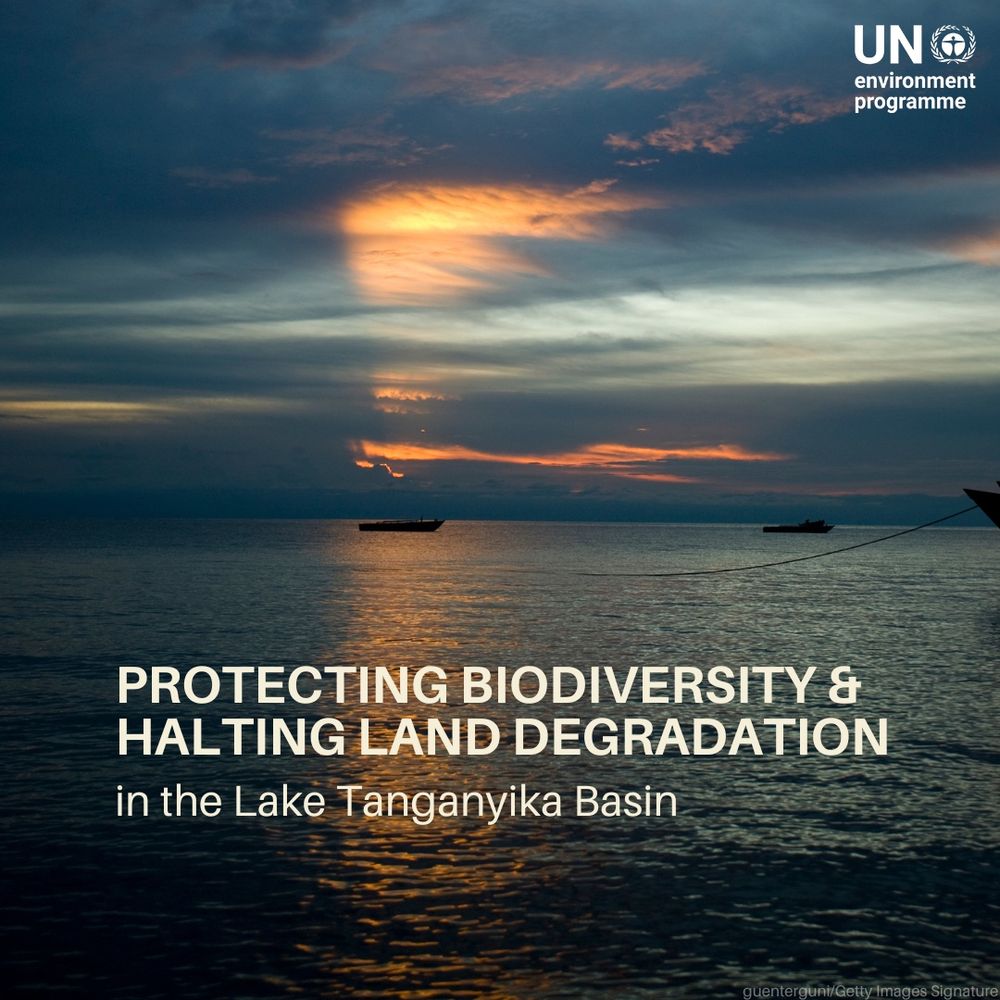Intersectional ecology // coastal ecosystems // blue carbon // tropical ichthyology // biotope aquaria
Posting on behalf of myself, not in a professional capacity.
Great for a non-technical audience to understand that for #mangroves restoration solutions are in addressing drivers of loss or habitat degradation, not in planting.
This video series highlights why inclusive ecological approaches, backed by science and local community involvement, are the key to success.
Watch: www.decadeonrestoration.org/how-effectiv...

Great for a non-technical audience to understand that for #mangroves restoration solutions are in addressing drivers of loss or habitat degradation, not in planting.
📑 This free training toolkit provides practical guidance and resources for uncovering the hidden dimensions of #gender.
Download a copy👉 https://bit.ly/422wYUV
@ifad.org @ifpri.org @bioversityciat.bsky.social

A new UNEP-led project will help Burundi, the Democratic Republic of Congo, Tanzania & Zambia restore Lake Tanganyika’s ecosystems and promote sustainable resource use: www.unep.org/news-and-sto...

A new UNEP-led project will help Burundi, the Democratic Republic of Congo, Tanzania & Zambia restore Lake Tanganyika’s ecosystems and promote sustainable resource use: www.unep.org/news-and-sto...
Indonesia’s 3.39M hectares of mangroves store 3.14B tons of carbon, but experts say carbon credits alone aren’t enough. Fisheries, ecotourism and community-led models matter too.
Read more:🔗 bit.ly/4bphMGn
#TreesPeoplePlanet

Indonesia’s 3.39M hectares of mangroves store 3.14B tons of carbon, but experts say carbon credits alone aren’t enough. Fisheries, ecotourism and community-led models matter too.
Read more:🔗 bit.ly/4bphMGn
#TreesPeoplePlanet

#lifeinstem
#lifeinstem
https://doi.org/10.1111/oik.11134
#Megafauna #Coexistence #Megaherbivore #ShiftingBaselineSyndrome #CommunityEcology #LargeHerbivore



